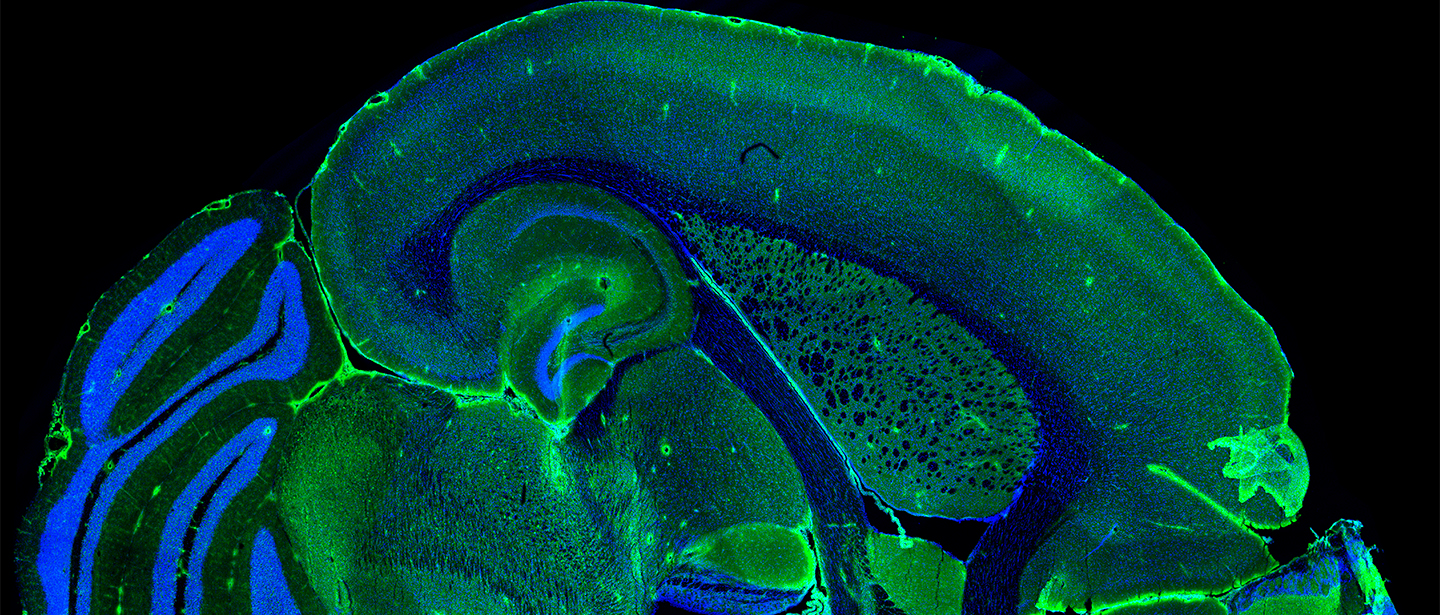The Brain-Body-Interface: Heart/Brain-Axis

Cardiovascular diseases are among the most common reasons for death and disabilities worldwide. Dysfunction of the cardiovascular system affects other organs and is therefore accompanied by various comorbidities. To fuel the brains metabolism, a continuous high blood supply is needed to enable normal brain function. Due to its specific anatomy, the blood/brain-barrier is crucially involved in regulating structural, functional and molecular features of neural circuits. In this research focus, we will elaborate an interdisciplinary clinical-to-basic-science approach, which aims at revealing the interrelation between the cardiovascular system and the brain’s neural circuits. The following points will be addressed:
Major aims:
- Heart insufficiency and neurovascular coupling: Heart insufficiency is a frequently observed clinical condition, which has been studied in various research models. Here, we will elucidate the heart insufficiency related remodeling of integral CNS parts. In addition to the assessment of ultrastructural features of the blood/brain-barrier, functional, structural and molecular changes in synaptic transmission and plasticity will be investigated. We here aim at identifying factors and signaling pathways that determine and mediate secondary CNS alterations during heart insufficiency.
- In vitro models for neuro-vascular interactions: In vitro models of neural tissue provide the opportunity for in depth assessments of neural transmission and plasticity. To improve the biological relevance of currently available in vitro models we intend to generate CNS tissue culture models, which form (1) a blood/brain-barrier and (2) allow for applying mechanical stimuli to mimic pulsatile perfusion of neural tissues. We are confident that these newly generated tools will enable large-scale in vitro screenings in neuro/vascular interactions.
- The influence of cardiovascular risk factors and diseases on human neocortical networks: Human neocortical resections are clinically required during tumor or epilepsy surgery in the brain. In these tissues, (sub)cellular features of individual neurons and other cells can be assessed. Using multimodal approaches of data integration, we will match clinical data focusing on cardiovascular risk factors, diseases and medication with neural (sub)cellular features in human subjects. Thus, the translational capacity of in vitro and other research models will be assessed by unraveling secondary alterations in neural circuits from cardiovascular disease patients.
In conclusion, the ultimate goal of this research focus is the identification of molecular heart/brain-interactions, which might mediate cognitive symptoms in cardiovascular diseases and therefore provide the biological basis for therapeutic approaches at the blood/brain-interface.